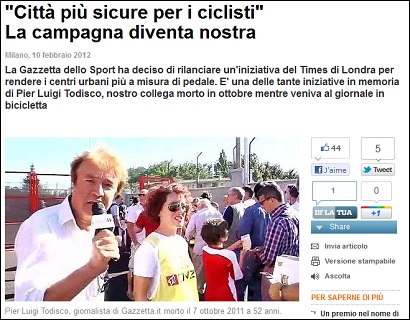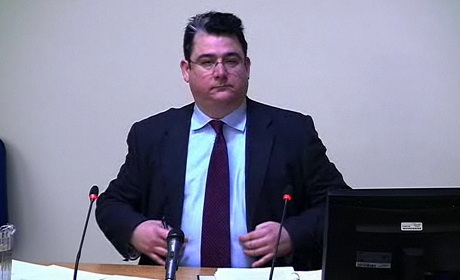
Google is to sponsor six Tunisian journalists to spend three months at a leading French newspaper, picking up digital news-gathering skills.
The internet giant has teamed up with liberal daily Le Monde, which will offer a newsroom placement to each of the journalists, covering daily news and the French presidential elections taking place in May.
Google’s William Echikson wrote on the company’s European public policy blog:
Our hope is that they then will return home with new skills that will serve to construct a new, free but responsible professional press in Tunisia.
At Google, we are aware of the need to work with publishers to smooth the transition not only from oppression to freedom, but from analogue to digital distribution. We are sponsoring a series of digital journalism prizes with Institut de Sciences Politiques, the International Press Institute in Vienna and the Global Editors Network in Paris.
Meanwhile, journalism academics at City University in London are heading to Tunisia next week to lead a series of workshops for Tunisian journalists on “reporting a democracy”.
The project is the first of its kind being organised by the Journalism Foundation, which was founded last December and is led by former Independent editor Simon Kelner.
City lecturer Roy Greenslade writes on his Guardian blog:
The courses are the first to be held in Tunisia since last January’s overthrow of Ben Ali’s authoritarian regime.
They will provide practical advice to journalists on coping with the realities of reporting in a free society. But the classes will be held amid an ongoing battle for media freedom.







